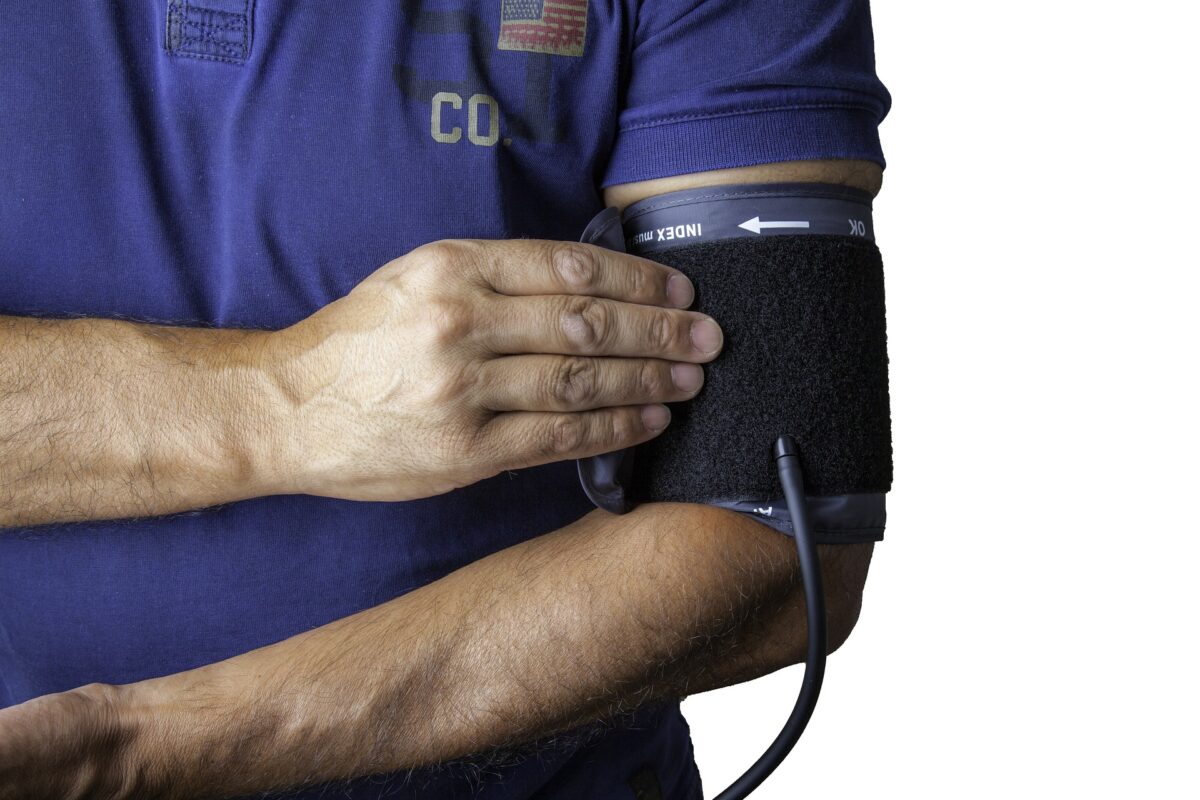How Often Should You Check Your Blood Pressure?

As we age, our bodies undergo several changes that are influenced by various factors like diet, exercise, stress, and other underlying conditions. One such condition that requires continuous monitoring is blood pressure. High blood pressure or hypertension is a common problem among adults across the globe, and it can lead to several health complications that can be fatal if left untreated. That’s why it’s important to keep a close eye on your blood pressure readings. But how often should you check your blood pressure? Let’s find out.

Age Matters
Your age plays a crucial role in determining how often you should check your blood pressure. According to the American Heart Association, adults above 40 with a history of high blood pressure or other underlying health conditions like diabetes should check their blood pressure readings at least once every year. However, if you’re above 65, you should check your blood pressure every six months to a year. Monitoring blood pressure levels regularly can help you identify and manage any changes that could lead to severe health complications.
For more articles on healthy lifestyle Click Here
Your Health Condition
Apart from age, your overall health also determines how often you should check your blood pressure. If you have a history of high blood pressure or any underlying health conditions like diabetes, kidney disease, or heart disease, it’s important to monitor your blood pressure readings more frequently. You should discuss with your doctor about a monitoring schedule that’s tailored to your health needs and risks. Personally I like to recommend that patients check their blood pressure in the morning, afternoon and evening everyday for 1 week. They then take the average for all three times of day. This gives a very accurate sense of where your blood pressure is at.

Lifestyle Habits
Your lifestyle habits also play a crucial role in regulating your blood pressure. If you’re someone who’s prone to stress, consumes a high salt diet, or indulges in alcohol frequently, you may need to monitor your blood pressure readings more often. Similarly, if you have a sedentary lifestyle with little or no physical activity, you should check your blood pressure more frequently as well. In such cases, your doctor may advise you to monitor your blood pressure levels every 3-6 months.

Medications
If you’re taking blood pressure medication to manage hypertension, your doctor may advise you to check your blood pressure levels more frequently. Generally, doctors recommend monitoring blood pressure 30 minutes before taking your medication to determine its effectiveness. Afterward, you may need to take your blood pressure levels every few days or weeks, depending on your health condition.
Personal Preference
Lastly, your personal preference also plays a crucial role in determining how often you should check your blood pressure. If you’re someone who’s prone to anxiety or panic attacks, monitoring your blood pressure too frequently may cause more harm than good. In such cases, it’s important to discuss your monitoring schedule with your doctor and settle on a schedule that works best for you.
Conclusion:
Monitoring your blood pressure levels is an essential step in keeping hypertension and other health complications at bay. However, the frequency of monitoring your blood pressure levels depends on various factors like age, health condition, lifestyle habits, and personal preference. Speak to your doctor to come up with a monitoring schedule that’s tailored to your health needs and risks. Remember, high blood pressure is a silent killer, so it’s better to be safe than sorry.


